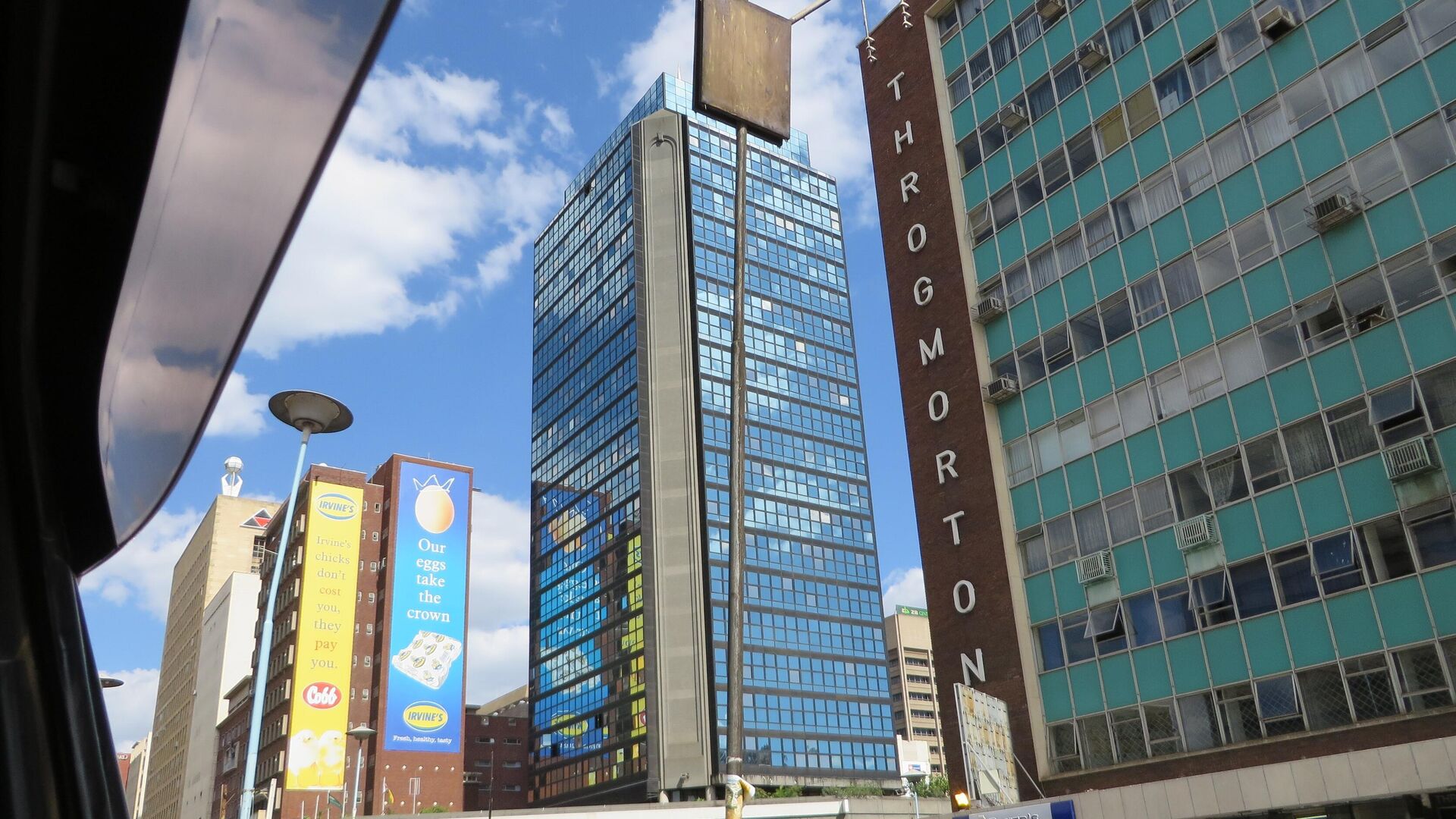All Assets Acquired Corruptly in Zimbabwe & Stashed Overseas to Be Confiscated, Authorities Say
Subscribe
The Zimbabwe Anti-Corruption Commission was established on September 8, 2005, under the Anti-Corruption Commission Act. Its main objective is to address issues such as corruption, theft, misappropriation, abuse of power, and improper conduct in both the public and private sectors.
All assets acquired corruptly in Zimbabwe and stashed overseas will be uncovered and confiscated, the Zimbabwe Anti-Corruption Commission (ZACC) and the country's Prosecutor-General said.
Zimbabwe's Prosecutor-General, Justice Loice Matanda Moyo, and ZACC Chairperson Michael Reza made the statement at a capacity building workshop on financial investigations and asset recovery, organized by the International Centre for Asset Recovery (ICAR).
"It is time that we totally eradicate corruption in Zimbabwe and recover the stolen assets. As a result of these illicit flows, governments are left with little or no financial resources to channel towards development and the provision of basic services such as health and education," Matanda Moyo said.
Both Matanda Moyo and Reza noted that, given the globalized nature of these illegal activities, international cooperation and coordinated efforts are needed to tackle the problem.
"Corruption is a global menace that needs to be cut from its roots. Corruption and illicit financial flows are amongst the greatest threats that we are facing. They are endemic, systemic and have permeated all known boundaries," Reza highlighted.
Recently, with a view to ensure national financial stability, authorities of the Southern African country revealed that the nation will convert its annual budget to the recently introduced gold-backed currency, the Zimbabwe Gold (ZiG).



